Knoxville’s utility company, Knoxville Utilities Board (KUB), announced this week that its fiber internet has expanded to more than 4,100 South Knoxville homes and businesses.
KUB Fiber, a municipally-run broadband network, is the largest municipal fiber network in the nation, approved unanimously by the Knoxville City Council in 2021. The project, worth over $700 million, is expected to expand over the next seven years and install approximately 5,000 miles of fiber.
4,100 homes and businesses in South Knoxville now have access to a faster and more reliable internet option with the launch of @KnoxKUB Fiber ⚡
Read: https://t.co/88LQ6d9Py4 pic.twitter.com/h2hDoUznNe
— Teknovation.biz (@Teknovation) August 8, 2023
The network’s newest expansion includes areas east and west of Chapman Highway as far south as Young High Parkway. Homes and businesses are currently eligible for service in Vestal, Island Home, Old Sevier, Cherokee Trail communities, and more.
The network has also been available in east Knoxville neighborhoods like Parkridge and Morningside, north Knoxville and along the Broadway corridor, some west Knoxville service areas, and parts of Union and Grainger counties.
Knoxville Mayor Indya Kincannon said, “The people of Knoxville are ready for KUB Fiber and the speedy and reliable internet it provides, especially since fast internet access is essential for education, healthcare, and services for so many. Here in South Knoxville, some communities have not been able to access internet at these speeds. I am so excited to know that KUB Fiber will improve lives and assist continued business development.”
Municipalities in the Volunteer State are legally allowed to operate their own electric utilities to provide broadband internet within their electric service areas.
However, some Tennesseans have expressed great opposition to government-owned broadband networks (GONs).
One example is in Bradley County, where the City of Cleveland and its utility department, Cleveland Utilities, have proposed a $72 million GON. Activist groups in Bradley County have argued that there is “simply no need to spend millions of dollars in public funds to dramatically grow a city department to provide a service that is already provided by private industry.”
In Knox County, the FCC estimated in 2021 that 98.3 percent of the area had access to three or more broadband providers before KUB fiber was available.
– – –
Kaitlin Housler is a reporter at The Tennessee Star and The Star News Network.
Photo “Knoxville KUB” by Teknovation.biz.

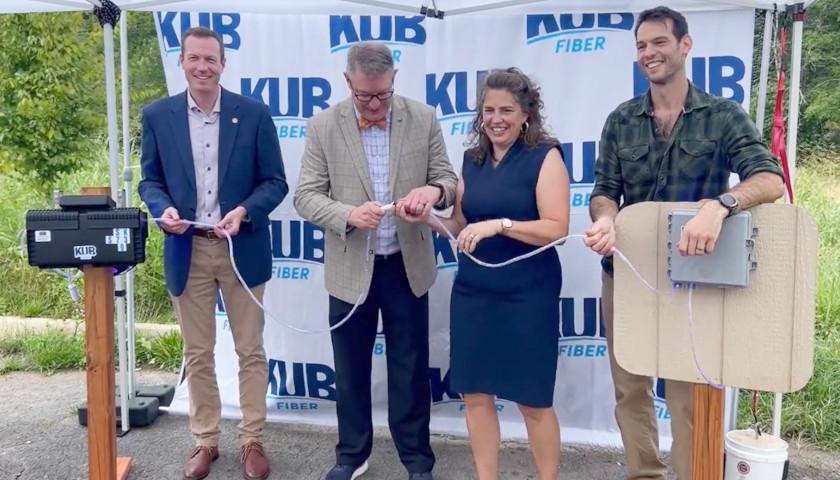
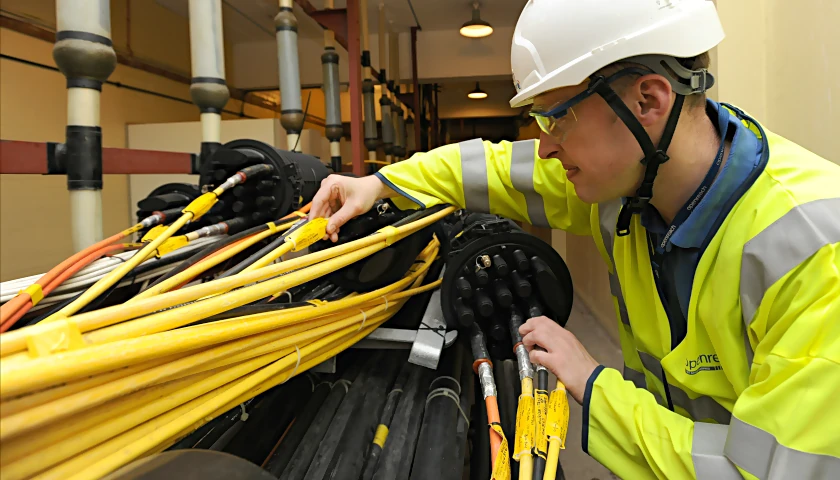
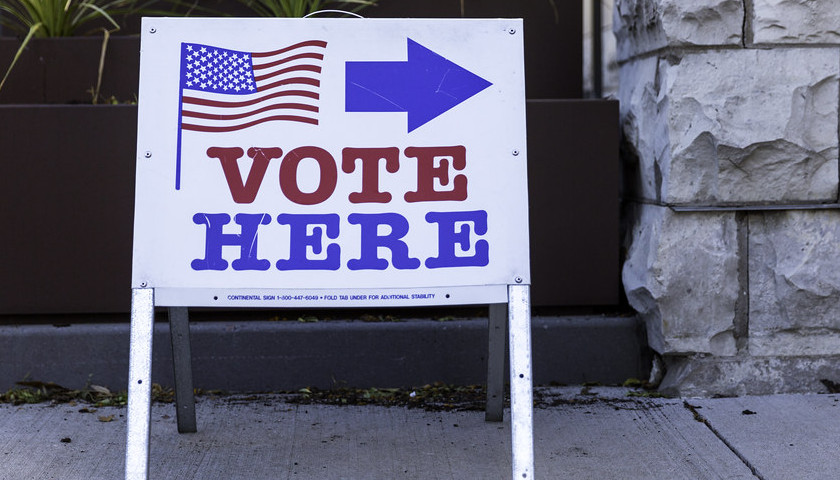
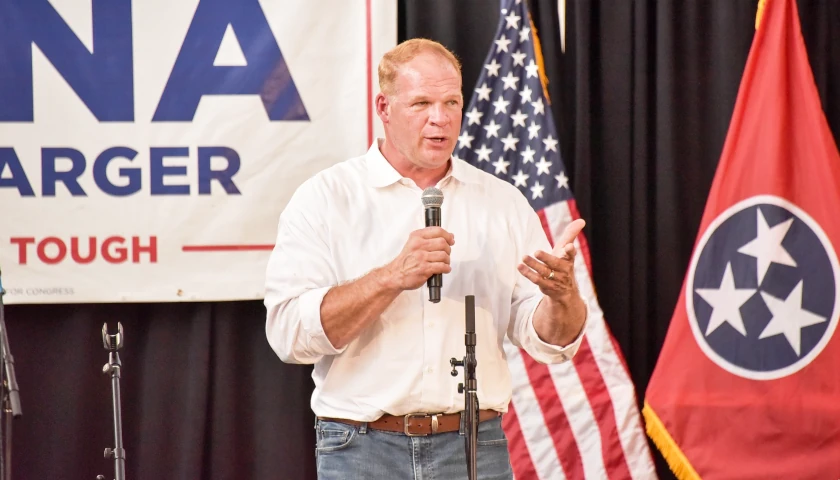
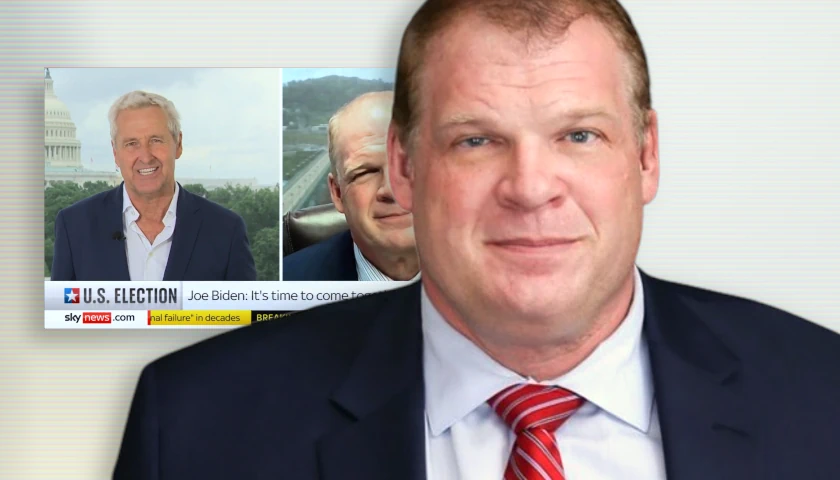
Is this really the responsibility of public utilities. Nothing like the government competing with private industry.